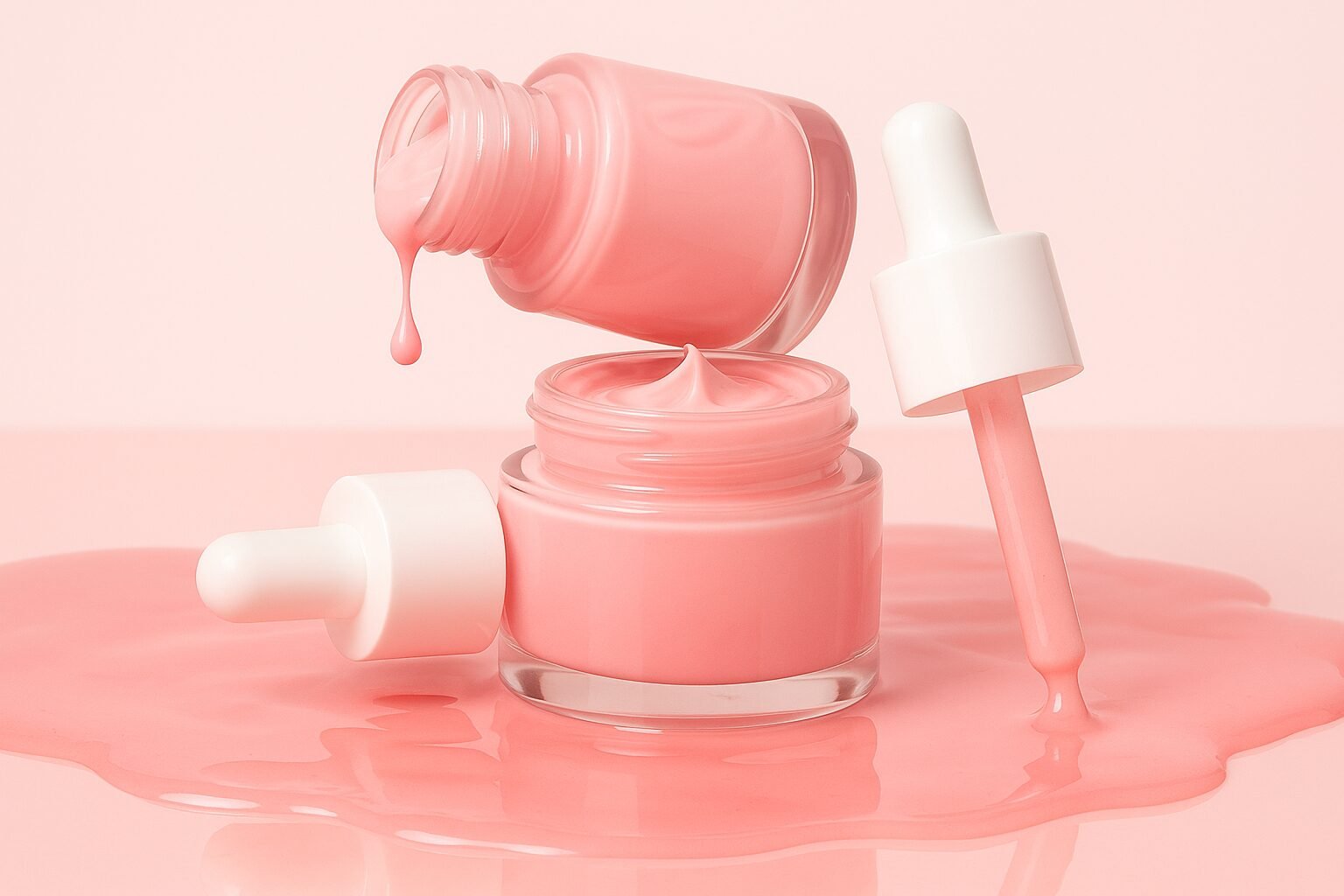In modern skincare and cosmetic biotechnology, delivery systems define performance. The rise of nanotechnology and biologically compatible carriers has reshaped how actives reach and influence the skin. Among these innovations, plant-derived exosomes have emerged as one of the most advanced and sustainable technologies. These nanoscale vesicles function as intelligent transporters that carry plant bioactives—such as peptides, flavonoids, and microRNAs—directly to skin cells, improving efficacy while maintaining biocompatibility.
What Are Plant Exosomes?
Exosomes are naturally occurring extracellular vesicles released by both animal and plant cells. In plants, these vesicles range between 30 and 150 nanometers, making them small enough to interact with the skin barrier and support cellular communication. When isolated and purified from botanical sources, plant exosomes can encapsulate and protect bioactive molecules, ensuring their stability and enhancing their delivery to target skin layers.
Unlike synthetic liposomes, plant exosomes are biologically active structures derived from living systems. They contain a balanced composition of lipids, proteins, and signaling RNAs that mimic natural skin communication pathways. Because of this similarity, they integrate seamlessly with human skin, facilitating cross-kingdom communication that promotes repair and regeneration.
The Science Behind Plant-Derived Exosomes
At the cellular level, plant exosomes act as messengers of biological information. They transport genetic material (such as microRNAs) and secondary metabolites that help regulate skin responses to stress, oxidation, and inflammation. Once applied topically, their lipid bilayer structure allows controlled fusion with the outer skin layers, where they gradually release encapsulated compounds.
Their lipid composition also provides natural protection against oxidation and enzymatic degradation, a common problem for unstable actives like vitamin C or peptides. Because exosomes are water-dispersible and biodegradable, they also eliminate the need for synthetic emulsifiers or stabilizers, making them ideal for clean beauty formulations.
Key Advantages in Cosmetic Formulation
Plant exosomes provide a versatile platform that merges biotechnology and sustainability. Their unique properties make them superior to conventional delivery systems in several ways:
- Deep Skin Penetration – Due to their nanoscale size (30–150 nm), exosomes can navigate through microchannels in the stratum corneum, ensuring that actives reach deeper epidermal layers.
- Enhanced Stability – Encapsulation within lipid bilayers protects sensitive actives such as flavonoids, polyphenols, and peptides from oxidation, heat, or light exposure.
- Biocompatibility and Safety – Because plant vesicles structurally resemble human cell membranes, they are easily absorbed and well tolerated, even by sensitive skin.
- Clean Beauty Alignment – Entirely vegan and free of animal DNA, plant exosomes meet the rising global demand for cruelty-free and sustainable cosmetic ingredients.
Together, these advantages make exosomes an essential tool for creating high-performance, next-generation skincare.
Diverse Exosome Types and Their Benefits
Different plant sources produce exosomes with specific bioactive profiles. Each brings unique functional benefits suited for targeted formulations:
- Flavonoid Exosomes – antioxidant and anti-aging defense
- Damask Rose Exosomes – hydration and anti-inflammatory activity
- Centella Asiatica Exosomes – wound-healing and soothing effects
- Panax Ginseng Berry Exosomes – brightness and rejuvenation
- Tannin & Black Tea Exosomes – sebum-control and oil balance
- Aloe & Lotus Leaf Exosomes – deep moisture and calming care
Applications Across Cosmetic Categories
Because of their adaptability, plant exosomes are suitable for multiple skincare and treatment formats, including:
- Delivery-enhanced serums and ampoules
- Barrier-support emulsions
- Post-procedure recovery formulas
- Brightening and antioxidant treatments
- Sensitive-skin and barrier-repair solutions
Exosomes can also be combined with encapsulated actives such as niacinamide, ceramides, or peptides to build multi-layered delivery systems that act synergistically for visible results.
Technical Parameters and Stability
- Particle Size: 30–150 nm for optimal penetration
- Form: Water-dispersible vesicle suspension
- pH Stability: 4.5 – 7.0
- Load: Polyphenols, peptides, flavonoids, and regulatory microRNAs
Due to their stable structure, exosomes maintain biological activity over time. Controlled temperature storage and UV-protected packaging further extend shelf life without harsh preservatives.
Why Exosomes Are Transforming Skincare Formulation
Modern skincare science increasingly relies on precision delivery rather than ingredient concentration. Exosomes fit perfectly into this paradigm, as they combine natural origin with scientific control. They provide measurable improvements in efficacy, enabling smaller doses of actives to achieve greater effects.
For instance, flavonoid-loaded exosomes in antioxidant serums can increase bioavailability by up to 50 %, compared to non-encapsulated forms. Likewise, peptide-enriched vesicles release actives gradually, extending visible benefits throughout the day.
Exosomes also integrate with existing systems—such as liposomes and solid lipid nanoparticles—offering hybrid delivery with advanced performance.
Biocompatibility and Safety Profile
Plant exosomes are non-toxic and non-immunogenic because their lipid structure mirrors human cells. Dermatological studies show excellent skin tolerance and minimal irritation. Their fully biodegradable design ensures natural absorption and clearance.
Since they are derived from food-grade botanical sources, plant exosomes comply with EU 1223/2009 cosmetic regulations and FDA safety standards, supporting clean, globally approved formulation.
Future Research and Outlook
Scientific exploration continues to expand exosome technology. Researchers are now developing engineered exosomes capable of targeting specific pathways and applications beyond skincare, such as hair regeneration and nutricosmetics.
These advances signal a future where exosomes deliver personalized, bioresponsive care—adapting to each skin’s unique needs through intelligent interaction.
Conclusion
Plant exosomes redefine how actives are stabilized, transported, and released. They merge biotechnology, sustainability, and precision, offering clean yet powerful delivery for the next era of skincare. With their proven safety, vegan origin, and multifunctional efficacy, they stand at the frontier of modern cosmetic formulation—bridging the gap between scientific innovation and nature’s design.






